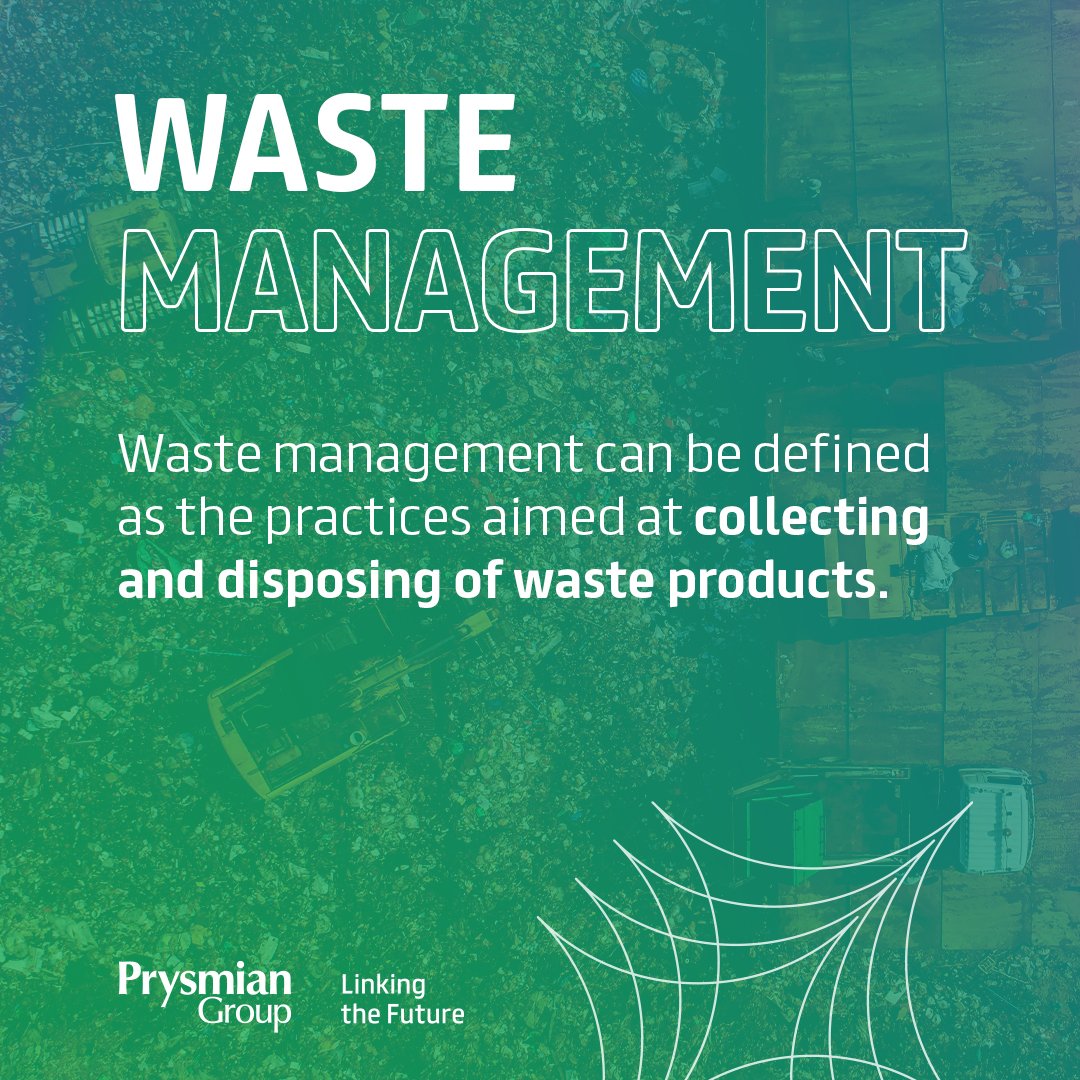A Biased View of Reclaim Waste
A Biased View of Reclaim Waste
Blog Article
Our Reclaim Waste Ideas
Table of ContentsUnknown Facts About Reclaim WasteLittle Known Facts About Reclaim Waste.Reclaim Waste Fundamentals ExplainedWhat Does Reclaim Waste Do?Some Ideas on Reclaim Waste You Need To Know
Domestic sewer waste refers to the waste and items from a domestic septic storage tank. The proper monitoring and disposal of domestic sewage waste require fluid waste to be moved to a sewage treatment plant where the proper methods and devices are used to detoxify and dispose of waste.
Business waste frequently includes possible risks, such as combustible materials or a mixture of fluid and solid waste products, and calls for a much more innovative and comprehensive disposal procedure. The disposal of commercial waste commonly involves the filtering of waste prior to transport to guarantee safe and correct disposal. Hazardous waste is created from results and drainage of commercial procedures and production.
This sort of waste can not utilize the very same sewer management transportation or procedures as septic or commercial fluids. The hazardous waste administration procedure needs the inspection and testing of liquid waste before it undergoes the disposal process (industrial wastewater treatment). Runoff waste is the liquid waste that originates from overflow and excess stormwater in extremely booming locations or cities
Drainage waste can create contamination and flooding if not dealt with correctly. Discover extra regarding drain cleaning and waste administration. Making sure appropriate waste monitoring can prevent disasters and minimize environmental harm. Both individuals in domestic settings and specialists in business or manufacturing markets can gain from understanding the procedures and laws of fluid waste administration.
An Unbiased View of Reclaim Waste
Call PROS Providers today to discover our waste administration and disposal solutions and the correct means to care for the liquid waste you produce.
(http://www.place123.net/place/reclaim-waste-laverton-north-vic-australia)This supposed 'wastewater' is not just a vital resource but, after treatment, will be released to our land, waterways or the ocean. Made use of water from commodes, showers, bathrooms, kitchen sinks, washings and industrial procedures is recognized as wastewater.

water utilized to cool equipment or tidy plant and devices). Stormwater, a type of wastewater, is overflow that flows from agricultural and city areas such as roofings, parks, gardens, roadways, paths and seamless gutters right into stormwater drains pipes, after rain. Stormwater streams unattended directly to regional creeks or rivers, at some point reaching the sea.
About Reclaim Waste
In Queensland, a lot of wastewater is dealt with at sewage treatment plants. Wastewater is transported from residential or commercial websites via a system of drains and pump stations, called sewerage reticulation, to a sewer therapy plant. Neighborhood federal governments build, maintain and operate most sewage therapy plants. Operators are licensed under the Environmental Management Act 1994 to discharge treated wastewater at an acceptable ecological criterion right into rivers.
The Department of Natural Resources recommends regional governments regarding handling, operating and preserving sewerage systems and therapy plants. In unsewered areas, city governments might call for owners to set up individual or home sewage therapy systems to treat domestic wastewater from toilets, kitchens, bathrooms and her explanation washings. The Division of Natural Resources authorises using family systems when they are confirmed to be reliable.
Many stormwater receives no therapy. In some brand-new neighborhoods, therapy of some stormwater to get rid of trash, sand and gravel has actually begun using gross toxin traps. Wastewater therapy takes place in 4 phases: Eliminates strong matter. Bigger solids, such as plastics and various other items wrongly released to sewage systems, are gotten rid of when wastewater is passed with displays.
Uses small living microorganisms knows as micro-organisms to damage down and eliminate continuing to be dissolved wastes and great bits. Micro-organisms and wastes are integrated in the sludge.
Reclaim Waste Fundamentals Explained
Nutrient elimination is not readily available at all sewer treatment plants because it requires expensive specialized devices. Clear liquid effluent produced after therapy may still consist of disease-causing micro-organisms - liquid waste disposal melbourne.

This normally means wastewater has actually to be treated or impurities gotten rid of before it can be released to waterways. Many wastewater flows right into the sewerage system. Under the Act, city governments provide approvals and licences for environmentally appropriate tasks (ERAs) involving wastewater launches that could have a local influence. The department carries out approvals and permits to Ages entailing wastewater releases that could have a regional or statewide influence.
Little Known Facts About Reclaim Waste.
Monitoring supplies factual info regarding water top quality and can confirm that licence conditions are being met. The details acquired with tracking supplies the basis for making water quality decisions.
Report this page